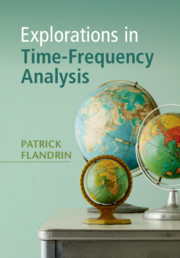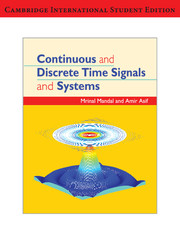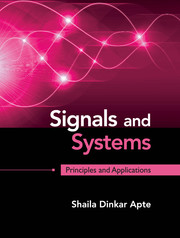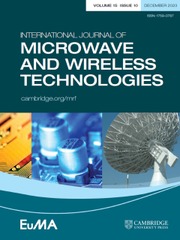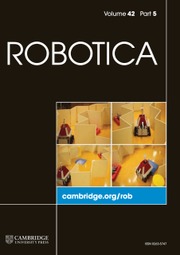Explorations in Time-Frequency Analysis
An authoritative exposition of the methods at the heart of modern non-stationary signal processing from a recognised leader in the field. Offering a global view that favours interpretations and historical perspectives, it explores the basic concepts of time-frequency analysis, and examines the most recent results and developments in the field in the context of existing, lesser-known approaches. Several example waveform families from bioacoustics, mathematics and physics are examined in detail, with the methods for their analysis explained using a wealth of illustrative examples. Methods are discussed in terms of analysis, geometry and statistics. This is an excellent resource for anyone wanting to understand the 'why and how' of important methodological developments in time-frequency analysis, including academics and graduate students in signal processing and applied mathematics, as well as application-oriented scientists.
- Combines fundamental topics with recent developments in the field
- Uses numerous illustrative examples to guide readers from basic facts through to more advanced results
- Explores example waveform families from bioacoustics, mathematics and physics
Reviews & endorsements
‘This fascinating book is a thoroughly researched treatise of the analysis of signals in the 2D time-frequency plane … The book contains a wealth of useful information about the subject, which is hard to find in other texts.’ Sven Treitel, The Leading Edge
Product details
September 2018Adobe eBook Reader
9781108372909
0 pages
This ISBN is for an eBook version which is distributed on our behalf by a third party.
Table of Contents
- 1. Introduction
- Part I. Basics and Constraints:
- 2. Small data are beautiful
- 3. Of signals and noise
- 4. On time, frequency, and Gauss
- 5. Uncertainty
- 6. From time and frequency to time-frequency
- 7. Uncertainty revisited
- 8. On stationarity
- Part II. Geometry and Statistics:
- 9. Spectrogram geometry 1
- 10. Sharpening spectrograms
- 11. A digression on Hilbert-Huang transform
- 12. Spectrogram geometry 2
- 13. The noise case
- 14. More on maxima
- 15. More on zeros
- 16. Back to examples
- 17. Conclusion
- 18. Annex – software tools.

